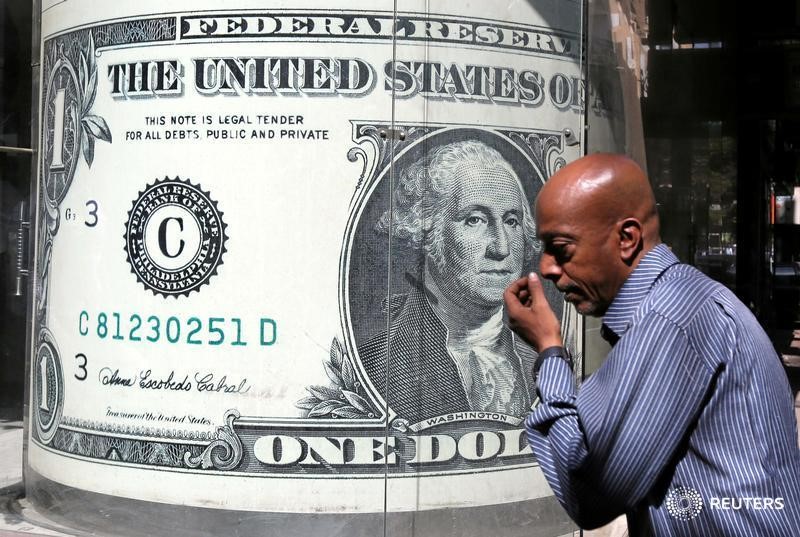The yen is in demand in the Asian and European session
2022.12.01 03:48
[ad_1]

The yen is in demand in the Asian and European session
Budrigannews.com – After Federal Reserve Chair Jerome Powell hinted at upcoming smaller rate hikes, risk appetite increased to the detriment of this safe haven, causing the U.S. dollar to plummet in early European trade on Thursday.
The, which tracks the dollar against a basket of six other currencies, fell 0.2% to 105.705 at 03:05 ET (08:05 GMT), extending Wednesday’s more than 1% decline.
The index recorded its worst monthly performance since September 2010 when it lost more than 5% in November.
Powell said in a speech on Wednesday at the Brookings Institution event in Washington, “Moderating the pace of rate increases may come as soon as the meeting in December.”
At each of its last four policy-setting meetings, the has increased interest rates by a significant 75 basis points. Expectations that policymakers would agree to moderate the rate hikes had been raised by Powell’s comments, which were seen as more dovish than anticipated.
U.S. yields fell in response to Powell’s remarks, with the benchmark yield falling to a close to two-month low of 3.6%, falling 1.1% to 136.50, a three-month low.November marked the pair’s worst month in 14 years, when it lost more than 7%.
Climbed 0.1% to 1.0417, not too far off the 1.0497, which was the five-month high at the beginning of this week.
However, a decline of 2.8% in October has dampened the gains made by the euro, indicating a gloomy fourth quarter in which Europe’s largest economy is widely anticipated to contract.
Came in lower than expected on Wednesday, possibly indicating a region-wide inflation peak and lowering the odds of a rate hike for the climbed 0.2 percent to 1.2081, moving closer to the three-month high of 1.2153 set last week, while the risk-sensitive climbed 0.3 percent to 0.6805.
Fell 0.2% to 7.0709, continuing its strong gains from the previous session on growing optimism that China will lift its COVID-19 restrictions.
Due to public outrage over the government’s “zero-COVID” policy, COVID restrictions have been eased in two major Chinese cities this week.
Despite the index showing that the country’s important manufacturing shrank for a third consecutive month in November, this optimism has allowed the yuan to rise.
[ad_2]






